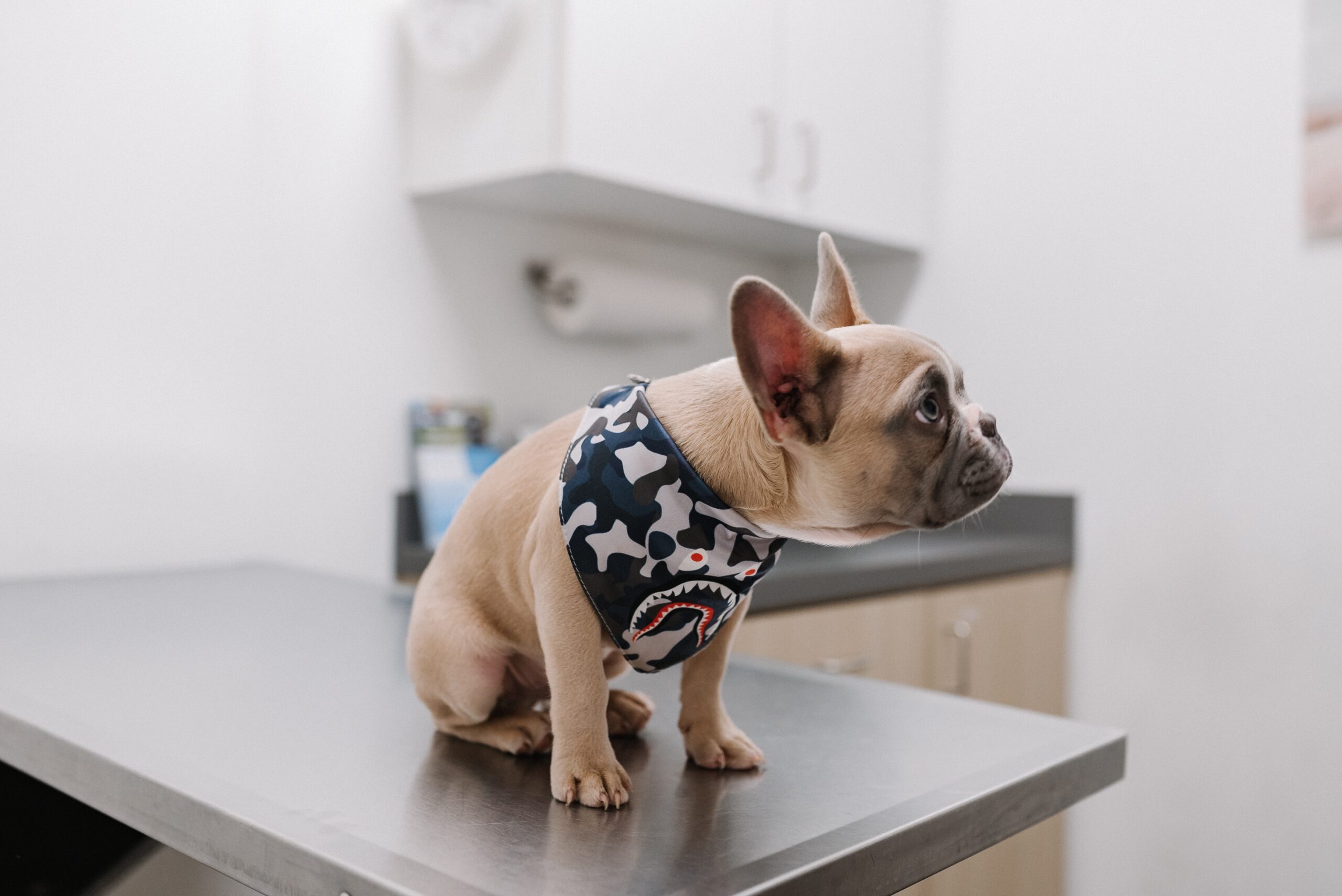According to the American Veterinary Medical Association (AVMA) there are over 124,000 veterinarians in the United States. The majority of veterinarians in the United States work in private practice, providing care for companion animals.
As insurance agents and brokers catering to the unique needs of veterinarians, it’s crucial to have a comprehensive understanding of the risks that these animal care professionals face. By offering tailored insurance solutions, you play a vital role in ensuring that veterinarians can continue their work while remaining financially secure. In this blog, we delve into some key insurance coverages for veterinarians.
Veterinarians face several risks in their work, including:
Medical malpractice: This is the most common type of risk that veterinarians face. It occurs when a veterinarian makes a mistake in their treatment of an animal, and the animal is injured or dies as a result.
Third-party liability: This type of risk occurs when a person or another animal is injured on the veterinarian’s premises. For example, if a dog bites a visitor to the veterinary clinic, the veterinarian could be held liable for the injury.
Employee liability: This type of risk occurs when an employee of the veterinarian is injured while on the job. For example, if a veterinary technician is bitten by a dog, the veterinarian could be held liable for the injury.
Property damage: This type of risk occurs when the veterinarian’s property is damaged, such as by fire or theft.
Business interruption: This type of risk occurs when the veterinarian’s business is interrupted due to a covered event, such as a fire.
Essential Insurance Coverage for Veterinarians
- Property Insurance: Veterinary clinics can be vulnerable to property damage caused by factors like equipment failures, natural disasters, accidents, and even crime. With flammable anesthetic gases, sensitive equipment, and fuel sources for crematoriums, the risk of fire damage is a prominent concern. Property insurance provides coverage for the clinic’s physical assets, including buildings, equipment, and inventory. This coverage helps veterinarians quickly recover from unexpected property losses, ensuring minimal disruption to their practice.
- General Liability Insurance: The nature of a veterinary clinic brings various general liability exposures, from animals exhibiting unpredictable behavior to potential slips, trips, and falls involving clients or visitors. With animals in distress, the risk of bites or scratches is real. General liability insurance protects veterinarians from claims arising due to bodily injury, property damage, and even personal injury. It’s crucial coverage to mitigate potential legal and financial challenges.
- Professional Liability (Errors and Omissions) Insurance: Veterinarians provide critical medical care to animals, and any errors or oversights in treatment, medication, or surgeries can have severe consequences. Professional liability insurance, also known as errors and omissions insurance, safeguards veterinarians from claims of negligence, misdiagnosis, or malpractice. This coverage provides necessary financial protection and legal support in case of professional disputes.
- Business Interruption Insurance: For veterinarians, a sudden interruption in operations—whether due to a natural disaster, fire, or cybersecurity incident—can be detrimental. Business interruption insurance helps cover lost income and ongoing expenses during periods of disruption from a covered cause of loss. By offering financial support, this coverage enables veterinarians to maintain their practice while recovering from unexpected setbacks.
- Equipment Breakdown Insurance: Modern veterinary clinics rely on a range of specialized equipment to provide quality care. Equipment breakdown insurance covers the costs of repairing or replacing malfunctioning equipment, ensuring that veterinarians can continue to offer critical services without prolonged interruptions. This coverage is especially important to safeguard against potential fire hazards or hazardous chemical leaks associated with equipment.
- Animal Bailee Coverage: The well-being of animals under their care is a veterinarian’s utmost priority. However, accidents can happen, leading to injury, loss, or disappearance of animals. Animal bailee coverage assists in covering expenses related to injuries or losses sustained by animals under the clinic’s care, including veterinary bills, advertising, and even rewards for recovering lost pets.
How Insurance Agents Can Help Veterinarian Businesses?
As insurance agents and brokers, you play a crucial role in helping veterinarians secure their practice against a myriad of potential risks. By offering a comprehensive insurance program that addresses property damage, liability, professional errors, business interruptions, and more, you empower veterinarians to focus on providing exceptional care to their animal patients. Tailoring insurance solutions to the specific needs of veterinary clinics ensures that these dedicated professionals can continue their vital work while enjoying the peace of mind that comes from knowing their practice is well-protected. Not sure where to get started in offering insurance coverage for veterinarians? Reach out to Coterie Insurance and learn more about simple, tailored insurance solutions for today’s small businesses.





